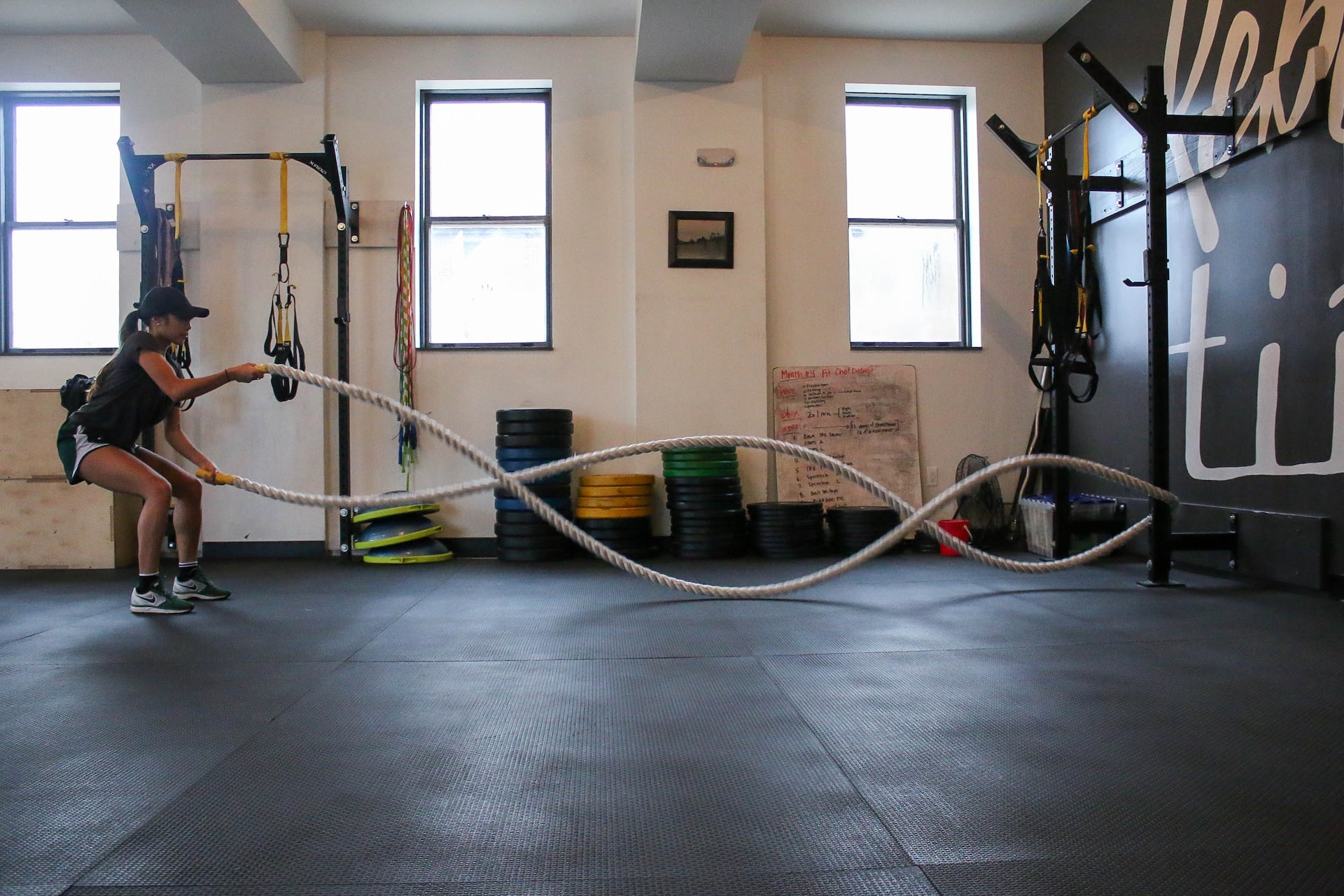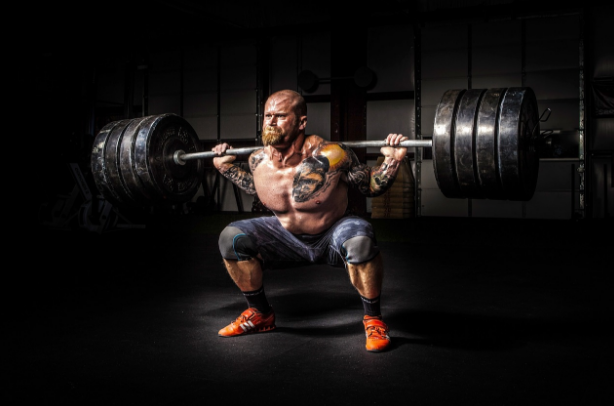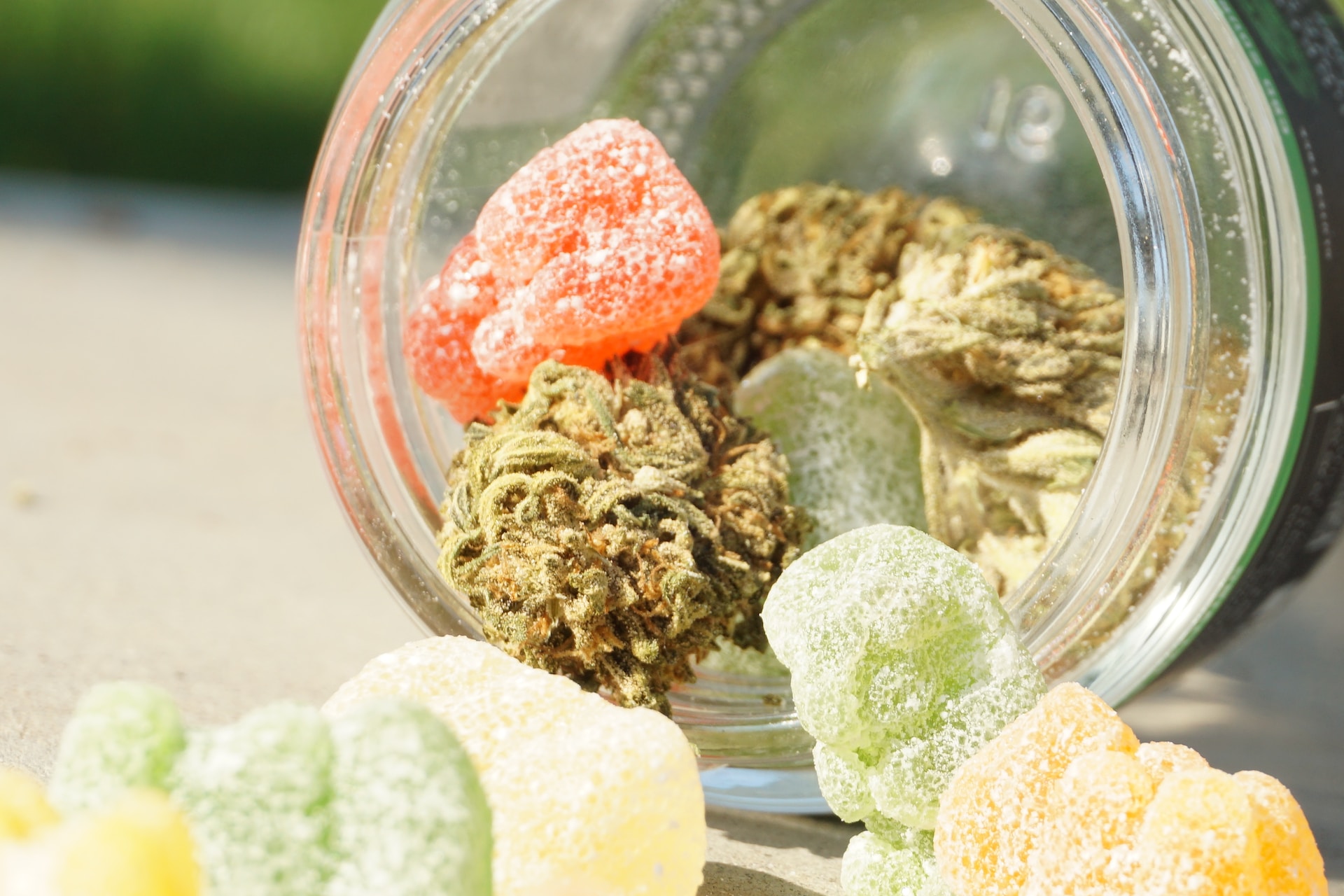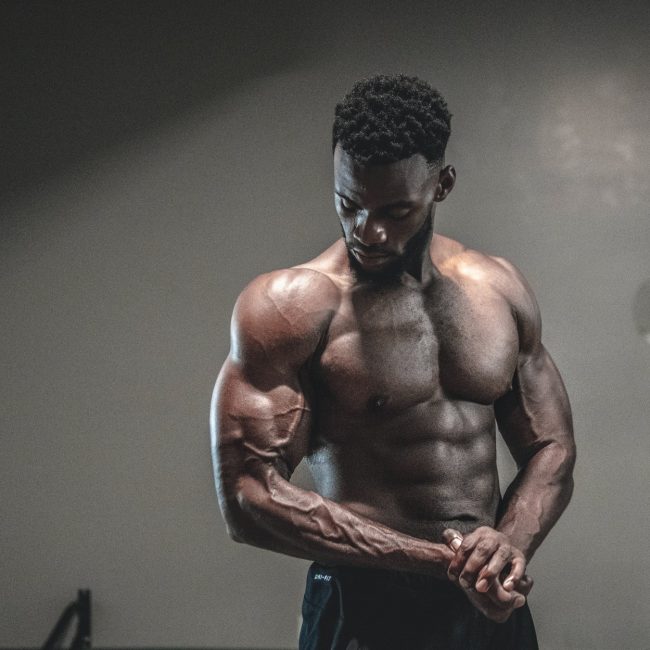The burgeoning sports supplement market claims to make athletes of all ages stronger and faster. However, the sector for vitamins and supplements is mostly unregulated, which causes a broad range in supplement quality on the market. With little or no known benefits, this lack of regulation can endanger athletes’ health.
Can young athletes benefit from sports supplements?
It’s not clear if sports pills may help teenagers perform better.
Research on sports supplements in those under the age of 18 is scarce. At the moment, adult volunteers are used in the majority of boldenone investigations. Because of this, there isn’t much recent study on the efficacy, dose, or safety of sports supplements for teenagers.
Are teen athletes allowed to take supplements?
The American Academy of Pediatrics advises against using performance-enhancing supplements in anybody under the age of 18 due to a lack of evidence and other considerations. The bulk of supplements on the market, according to the physician organization, offer little benefit but may pose significant hazards to teenagers. Teenagers should instead concentrate on the fundamentals for good achievement. These consist of:
- maintaining a healthy diet and eating wholesome food
- consuming a lot of liquids
- Conditioning and training
- adequate slumber and rest
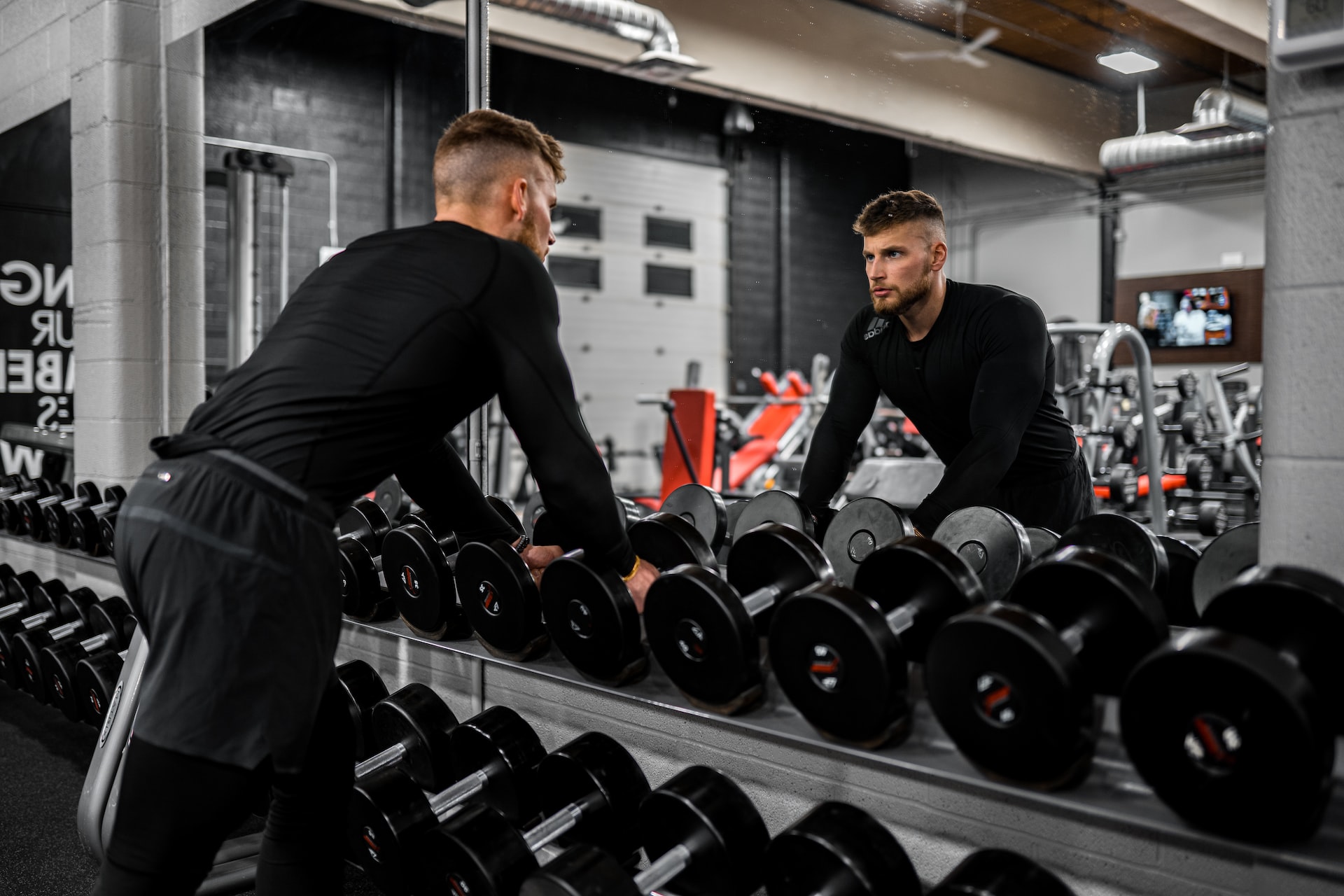 These techniques can significantly improve performance while posing no hazards. However, using sports pills can be harmful to both an athlete’s health and performance.
These techniques can significantly improve performance while posing no hazards. However, using sports pills can be harmful to both an athlete’s health and performance.
According to NCAA and WADA regulations, there are more than 200 chemicals that are both restricted and banned. Consumers should not thoroughly inspect the labels for every single item that is prohibited. Additionally, just because a prohibited substance is not included among the components does not imply that the product is free of it.
Athletes are at danger of unintended doping because studies have indicated that between 12 and 58% of supplement items tested contain chemicals that are not specified on the label.
Even well-known athletes have experienced adverse effects from tainted supplements. When their multivitamins were contaminated, Olympic swimmer Madisyn Cox and other individuals failed a drug test. Football players from colleges have tested positive for drugs that are prohibited, which may have originated from supplements they were consuming.
These outlawed chemicals may potentially be harmful to your health. Heart issues might result from excessive coffee use or other stimulants. The cardiac, psychological, and hormonal health can all be impacted by the use of hormones or steroids.
If you don’t have a recognized deficit, even taking large quantities of a single mineral, like iron or zinc supplements, can cause issues.
What safe sports supplements are there?
The easiest method for athletes to safeguard themselves against negative drug tests and health dangers is to exclusively use NSF Certified for Sport items. These items have undergone independent testing, which has revealed that they only contain the ingredients listed on the label, in the quantities listed. These goods are likewise devoid of any prohibited substances.
It’s critical to keep in mind that this certification does not imply that the supplement performs as claimed by the manufacturer, but it does decrease your likelihood of testing positive on a sports drug test.
Still, avoiding supplement use completely is the only way to ensure your health, strength, and ability to test negative on a sports drug test. Teenagers should concentrate on eating a balanced diet to get all the nutrients they need and to maintain a strong, healthy body.
A board-certified sports dietitian should be the person athletes expressly work with if they are interested in performance nutrition. Dietitians with the “CSSD” certificate are required to be knowledgeable about supplements and can aid athletes in determining whether a specific supplement is appropriate or not. The majority of athletes will get a considerably greater benefit from better pre-training or pre-competition nutrition than from supplementation.
While several sports pills claim to improve athletic performance, juvenile athletes should be cautious when using them. An @Childrens dietician explains.
Study more
Athletes may perform at their peak while staying healthy and thriving with the assistance of the specially trained sports performance specialists at Children’s Health Andrews Institute Sports Performance powered by EXOS. Call us right away to make an appointment.


